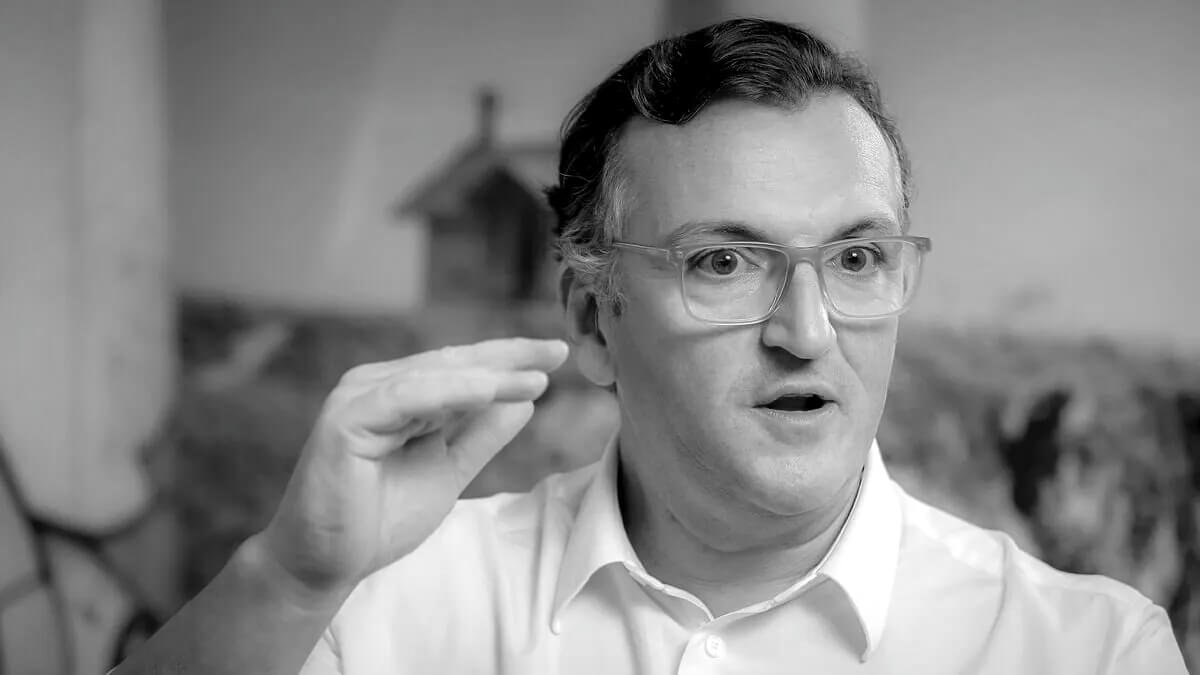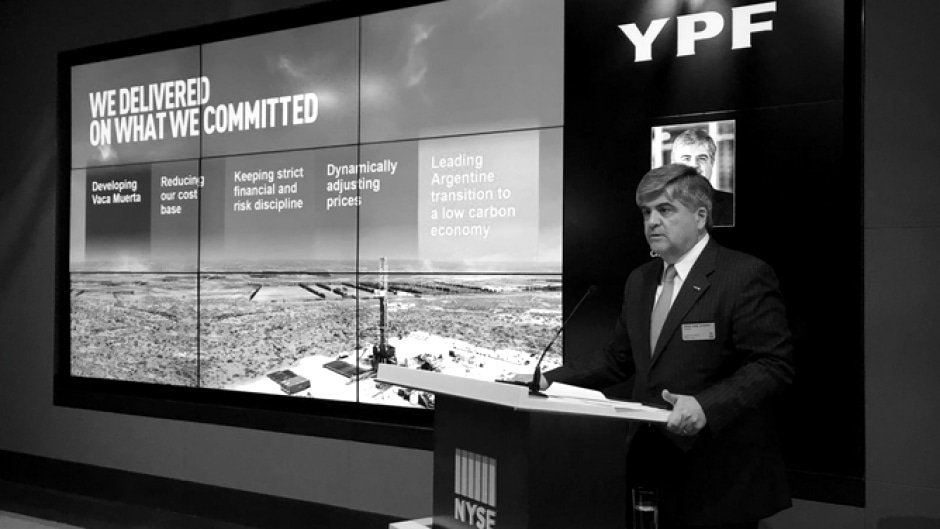
Inés Camilloni
Inés Camilloni is one of the most influential voices in Latin America in the study of climate change. Her professional journey has been shaped by a rare combination: a solid scientific background, a sustained commitment to teaching, and active involvement in public policy design. From her base at the University of Buenos Aires, her influence has transcended borders, bringing a South American perspective to global climate crisis discussions.

Rigorous training with a regional anchor
Camilloni’s career began in the field of meteorology, a discipline with a strong academic tradition in Argentina. She earned a degree in meteorological sciences at the University of Buenos Aires, one of the few institutions in the region offering this field of study. Later, she completed a PhD in atmospheric sciences at the same university. This scientific foundation allowed her to specialize in climate modeling, a key area for anticipating future scenarios in the context of global warming.
A career in constant dialogue with society
Unlike many researchers who focus exclusively on lab work, Camilloni has always sought intersections between science and society. She has participated in interdisciplinary spaces that bring together physics, biology, sociology, and economics to analyze the impacts of climate change. Her work at the Center for Atmospheric and Oceanic Research (CIMA) enabled her to combine empirical research with the development of tools applicable to governmental decision-making.
Academic leadership and training future generations
For more than two decades, Camilloni has been a professor at the Faculty of Exact and Natural Sciences at the University of Buenos Aires, where she has also held administrative roles. She coordinated postgraduate programs and actively participated in curriculum reforms, promoting a more environmental and interdisciplinary focus. Under her guidance, many students have become researchers committed to addressing today’s environmental challenges.
International authority on climate change
Her international recognition grew through active participation in the Intergovernmental Panel on Climate Change (IPCC). Not only was she a lead author in key reports shaping the global scientific and political agenda, but she was also elected vice-chair of Working Group I, responsible for studying the physical science basis of climate change. This role enabled her to contribute a perspective from the Global South, often underrepresented in climate negotiations dominated by northern countries.
A critical view on geoengineering and false solutions
One of the most notable aspects of her recent work is her critical analysis of geoengineering, particularly proposals to artificially manipulate the climate to counter global warming. Camilloni has warned about the ethical, social, and geopolitical risks of such technologies, arguing that they may exacerbate existing inequalities or reduce the motivation to cut emissions. Her stance has resonated both in scientific forums and legislative debates.
Commitment to gender equity and open science
Throughout her career, she has championed inclusive practices in academia. She has highlighted the challenges faced by women in science, especially in countries where motherhood or caregiving disproportionately affects professional paths. In addition, she has promoted open access to scientific knowledge as a tool to democratize climate information and empower vulnerable communities.
Influence on public policy and strategic advising
Camilloni has been consulted by national and international organizations to advise on mitigation and adaptation strategies. In Argentina, she has worked with technical teams across different levels of government to develop regional climate scenarios and assess climate impacts on sectors such as agriculture, health, and water resources. Her ability to translate science into actionable policy has established her as a key figure in the design of climate action plans.
A scientist with ethical leadership
Beyond her academic achievements and international trajectory, what defines Inés Camilloni is her conviction that science must serve the common good. Her leadership does not rely on personal prestige or credentials, but on her ability to build bridges between knowledge, territories, and generations. She represents a model of scientific leadership grounded in responsibility, social engagement, and a long-term vision.









